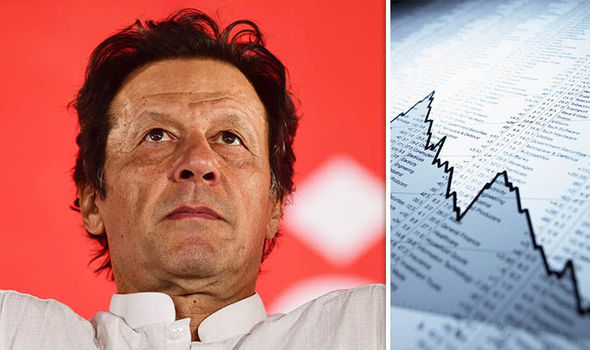
For years Imran Khan asserted that when he was Prime Minister Pakistan would never borrow money from any country or the IMF. Unfortunately, under his premiership the country has borrowed repeatedly from Saudi Arabia, the UAE, China, and the IMF.
Right now, Pakistan’s official foreign exchange reserves have gone down from $20.07bn to $16.25bn over the last three months, the rupee has lost 15pc of its value and the current account deficit has crossed $5bn to reach 4.7pc of GDP.
At a time like this, the country has taken a $4.2 billion loan from Saudi Arabia under strict conditions. Not only are the Saudis are charging a slightly higher price than before but Riyadh “can demand that Islamabad return the loan on 72 hours’ notice with or without assigning any reason.”
As an editorial in Dawn noted, “decades of fiscal profligacy have trapped the country in a situation where it not only has to borrow more money to return old loans, but must also pay for new import bills. The increasing dependence on foreign loans means that the country is surrendering a bit of its sovereignty every time it approaches lenders for more money.”
Finally, this “underscores the fact that we are not yet ready to change ourselves. Pakistan’s excessive external indebtedness has deep structural roots; we will not come out of the debt trap unless we decide to revamp the economy, mobilise tax and non-tax revenues to match our expenditure needs, and boost our industrial exports.”
![]()





